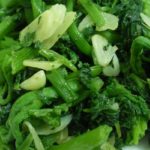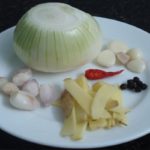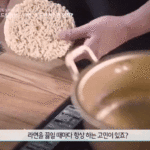While online cooking tips are often shared among home cooks to make kitchen tasks easier and faster, not all tricks are truly effective. The following images will show you that following online advice to a tee doesn’t always yield the desired results.
1. Tip to prevent milk from boiling over
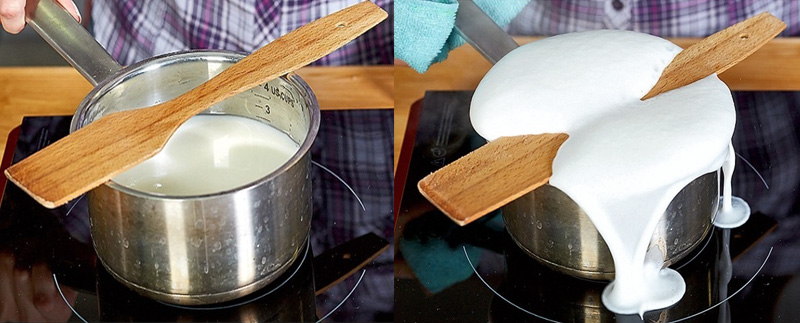
To prevent milk from boiling over, a wooden spoon is placed on the pot.
Result: Milk still boiled over, and the wooden spoon couldn’t stop it.
Conclusion: This method is utterly useless and ineffective.
2. Tip for storing avocados
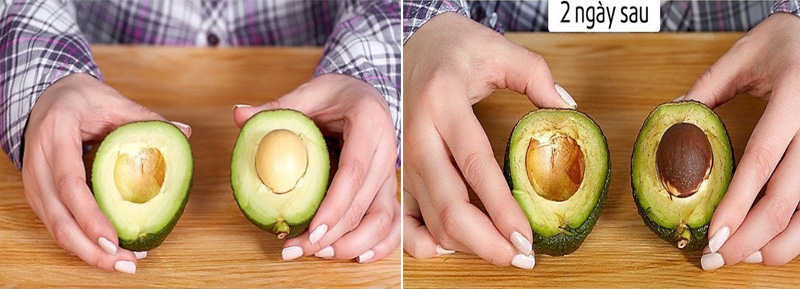
If you’ve cut an avocado in half and only use one half, store the half with the pit in the fridge, and it will stay fresh.
Result: After testing by storing both halves in the fridge, one with the pit and one without, both halves turned brown after two days and were no longer fresh.
Conclusion: This method does not work.
See also:
3. Tip for keeping bananas fresh
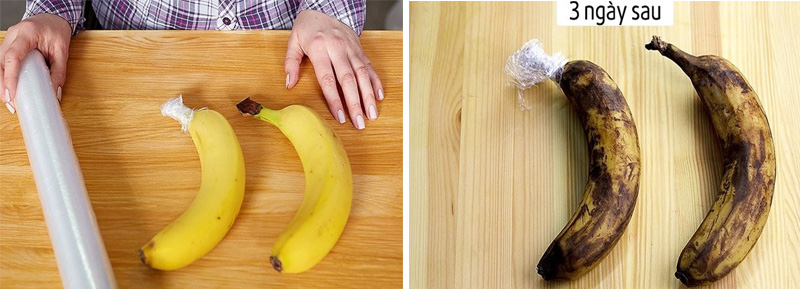
Wrapping the banana stems in plastic wrap will keep them fresh for longer.
Result: After three days, both a wrapped and an unwrapped banana turned dark and were no longer edible.
Conclusion: This method does not work.
See also:
4. Tip for peeling eggs
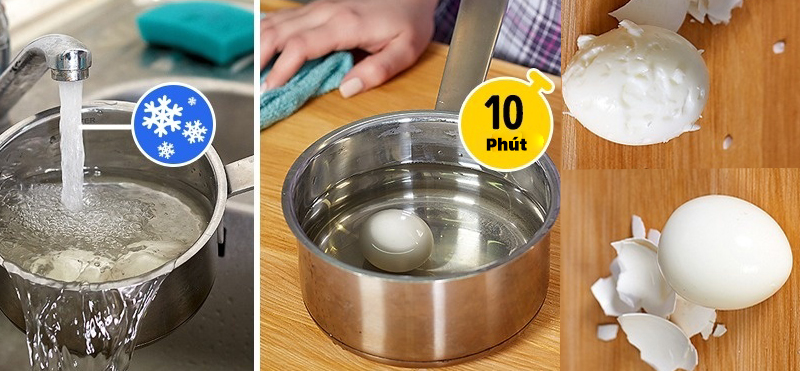
For easier egg peeling, soak the eggs in cold water after boiling.
Result: While this trick is familiar to many, and eggs do become easier to peel after soaking in cold water, it isn’t 100% effective. Some eggs still prove difficult to peel even after following this method.
Conclusion: This tip can be applied but isn’t always successful.
See also:
5. Tip to prevent tears when cutting onions
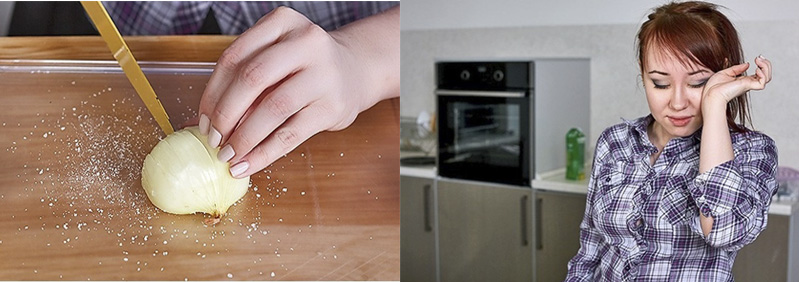
Sprinkling salt on onions before cutting will prevent tears.
Result: This method only helps reduce the tears to some extent but doesn’t completely prevent them.
Conclusion: While this method shows some results, it is not a foolproof solution.
See also:
Hopefully, these images will help women be more discerning when choosing which online tips to follow and avoid similar comical outcomes.
More Useful Advice for Homemakers (Part 2)
Have you heard of the surprisingly easy tips to make cooking and household chores simpler? White radish eliminates the acrid taste of salted meat, adding alum to raw shrimp helps soften it, and adding cold water when frying eggs can make them crispy – these are just a few of the tricks to make your life easier.
Tips for Housewives’>Part 3: Helpful Tips for Housewives
Ten Strategies to Streamline Your Cooking Process
Are you a busy housewife looking for ways to save time in the kitchen? Did you know that flossing can also help you out? Check out these 10 tips to help you quickly and easily prepare delicious meals for your family. Learn how to peel garlic in 10 seconds and cut cherry tomatoes quickly for a healthy and tasty meal.

























